
What Is CBG Oil?
If you’re looking for a comprehensive, natural solution to tackle inflammation and its debilitating effects, you’re in the right place. Welcome to the new era

Calcium is an important nutrient that every living organism, including humans, needs. It is the most abundant mineral in the body and essential for bone health. What should you know about calcium supplementation and calcium-rich dietary supplements?
About 99% of the body’s calcium is stored in the bones, while the remaining 1% is found in the blood, muscles, and other tissues.
Calcium is involved in
Calcium also contributes to
Calcium plays a role in cell division and cell specialization, and it is necessary for maintaining normal bone and tooth structure.
To fulfill these important daily functions, the body works to maintain a steady level of calcium in the blood and tissues. If the blood calcium level drops too low, the parathyroid hormone (PTH) signals the bones to release calcium into the bloodstream. This hormone can also activate vitamin D to improve calcium absorption in the intestines.
The following foods are good sources of calcium:
Adults are recommended to consume 1000 mg of calcium daily, while women over 50 years of age and during pregnancy and lactation should aim for 1200 mg per day.
Doctors may recommend calcium supplements in the following cases:
It is important to consume the right amount of minerals or nutrients for proper health, as an excessive intake of calcium can have negative side effects.
Symptoms of calcium overdose may include:

Dietary supplements can help with calcium supplementation, and the most common active ingredients are calcium carbonate and calcium citrate.
There are also preparations that contain organic calcium. It is not recommended to consume more than 500 milligrams for better absorption. To properly utilize calcium, the body also needs sufficient amounts of vitamin D and magnesium.
Which is the best calcium tablet? The one that contains an appropriate amount of calcium, is made from chemical-free ingredients, and has been tested for its active ingredient content in accredited laboratories, ensuring its safety for use.
Dietary supplements do not substitute for a healthy lifestyle and a balanced diet.
Calcium carbonate is one of the salts of calcium (CaCO3), which is used as a phosphate buffer in hemodialysis, as an antacid for temporary relief of stomach acidity, digestive disorders, and heartburn, and it is commonly found in calcium-rich dietary supplements.
The USA medical K2+D3 capsule contains K2 and D3 vitamins along with calcium in the form of calcium carbonate, and it also includes BioPerine to aid in the absorption of the active ingredients.
If you would like to try other premium-quality products, browse our dietary supplements in our webshop!
These statements have not been evaluated by the Food and Drug Administration. These products/services are not intended to diagnose, treat, cure, or prevent any disease.

If you’re looking for a comprehensive, natural solution to tackle inflammation and its debilitating effects, you’re in the right place. Welcome to the new era

The Invisible Enemy Within You wake up feeling groggy, your joints ache, and that old neck pain seems to have returned. No, it’s not just

CBG oil has been creating waves in the health and wellness industry, and for good reasons. But with any health trend, it’s crucial to separate
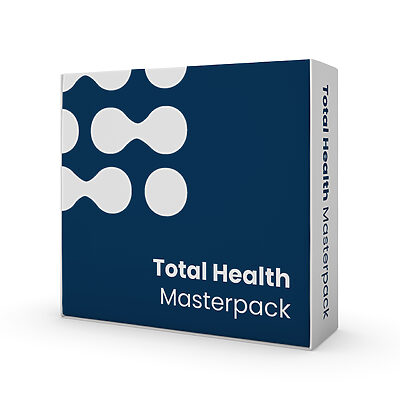
In stock | Free shipping
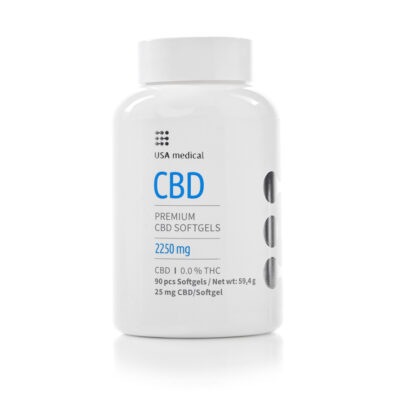
In stock | Free shipping

In stock | Free shipping

In stock | Free shipping
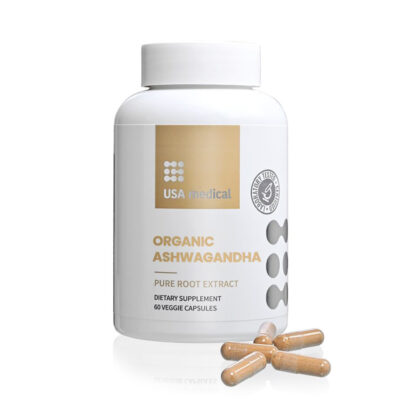
In stock | Free shipping
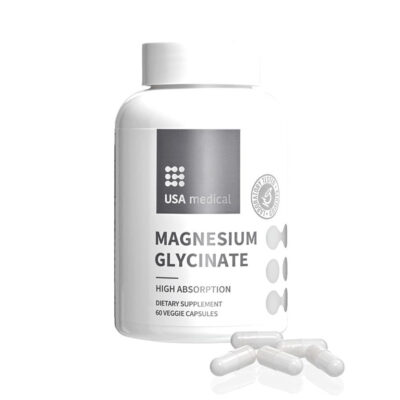
In stock | Free shipping
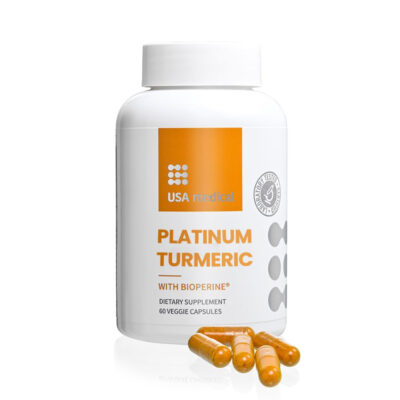
In stock | Free shipping
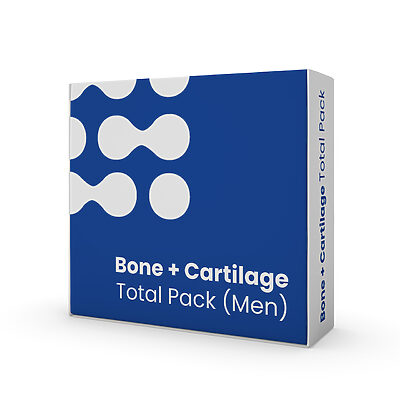
In stock | Free shipping
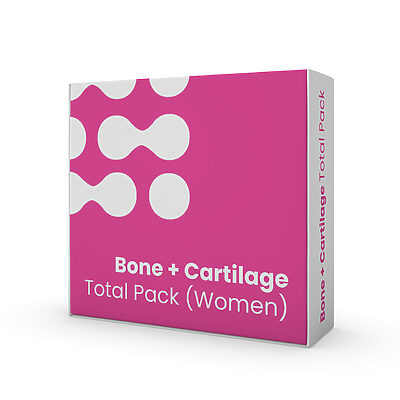
In stock | Free shipping
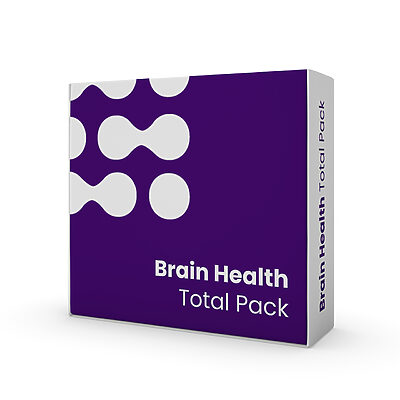
In stock | Free shipping
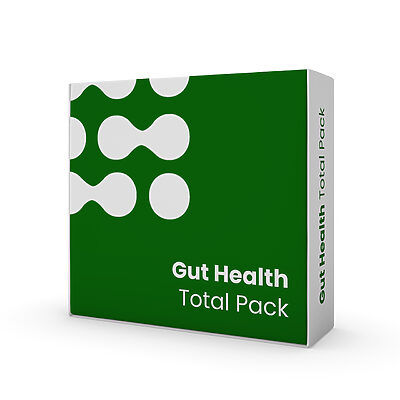
In stock | Free shipping

In stock | Free shipping
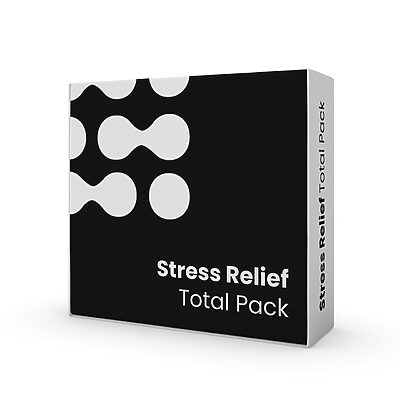
In stock | Free shipping

In stock | Free shipping
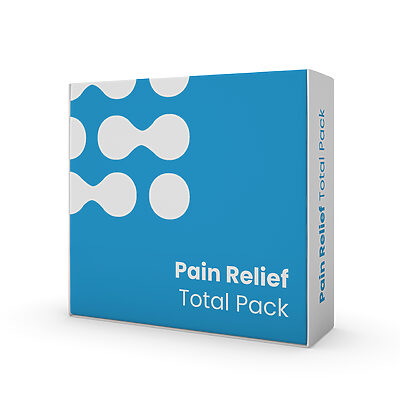
In stock | Free shipping